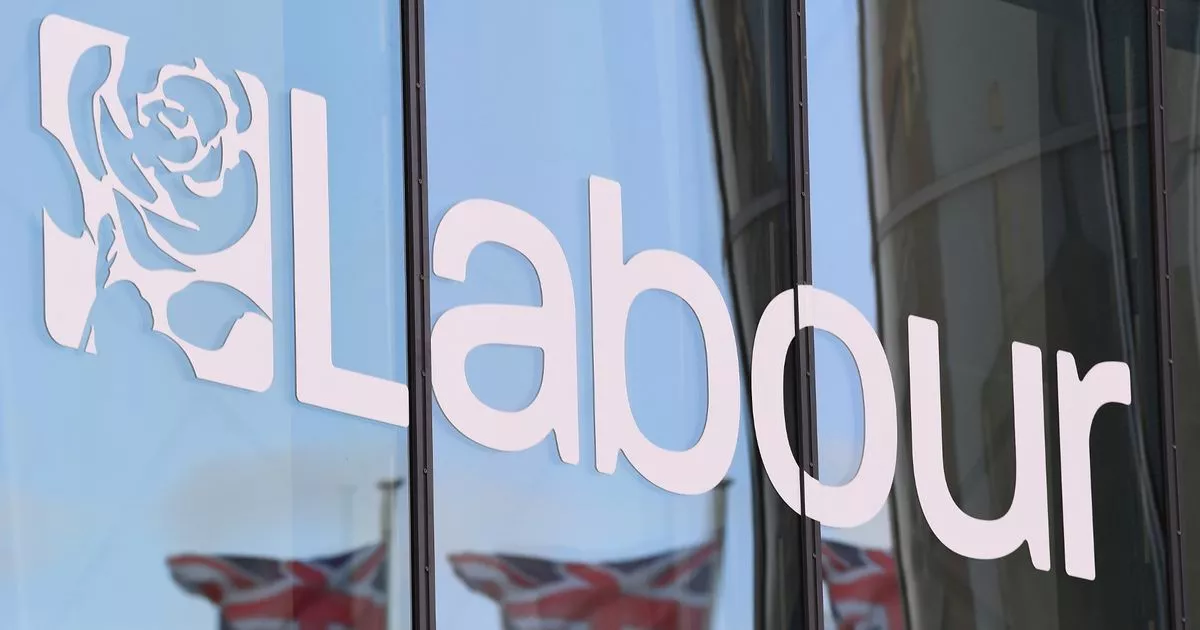Labour Conference 23: Setting Out a Vision for Britain in the World

The Labour Party Conference 2023 is taking place in Liverpool from Sunday 8 to Wednesday 11 October will be a crucial opportunity for the party to set out its vision for Britain’s place in the world. After years of Conservative rule that has seen Britain’s global standing decline, Labour will need to convince the public that it has a credible plan to rebuild Britain’s alliances and international standing.

The challenges
One of the biggest challenges facing Labour is the rise of China. China is becoming increasingly assertive on the world stage and is challenging the US-led international order. Labour will need to develop a coherent strategy for dealing with China, one that balances the need to cooperate with China on issues such as climate change with the need to stand up to China’s authoritarianism.
Another challenge facing Labour is the war in Ukraine. The war has had a devastating impact on Ukraine and has caused a humanitarian crisis. It has also led to a sharp increase in energy prices and has raised the risk of a wider conflict between Russia and the West. Labour will need to develop a clear position on the war in Ukraine and on how to support Ukraine without escalating the conflict.
Labour will also need to address the challenge of climate change. Climate change is a major threat to the global economy and to human security. Labour will need to develop a credible plan for reducing greenhouse gas emissions and for adapting to the impacts of climate change.
In addition to these external challenges, Labour also faces a number of internal challenges. The party has been divided in recent years over issues such as Brexit and the leadership of Jeremy Corbyn. Labour will need to find a way to unite its members and supporters if it is to win the next general election.
 The Labour leader will deliver his keynote speech to the party’s annual conference on Tuesday
The Labour leader will deliver his keynote speech to the party’s annual conference on Tuesday The threats
The threats facing Britain in the world today are real and serious. The war in Ukraine has shown how fragile peace is in Europe, and the rise of China is posing a challenge to the global order.
Britain is also vulnerable to the impacts of climate change and other global challenges. Labour will need to show that it has a plan to address these challenges and protect Britain’s interests.
What Labour can do
There are a number of things that Labour can do to address the challenges and threats it faces in the world to come.
First, Labour should make it a priority to rebuild the UK’s relationships with its allies. This means working with the European Union to develop a new security and trade partnership, and strengthening ties with the United States and other countries that share the UK’s values.
Second, Labour should develop a policy towards China that is based on a clear understanding of its strengths and weaknesses. Labour should work with China on issues where cooperation is in the UK’s interests, such as climate change and trade. However, Labour should also be prepared to stand up to China when it is acting in a way that is harmful to the UK or its allies.
Third, Labour should develop a policy towards Russia that is based on deterrence and diplomacy. Labour should make it clear to Russia that the UK will stand up to its aggression and support its allies. However, Labour should also be open to dialogue with Russia when it is in the UK’s interests to do so.
Finally, Labour should develop a broader foreign policy vision that is based on the principles of internationalism and multilateralism. Labour should work with other countries to address common challenges such as climate change, pandemics, and inequality. Labour should also promote human rights and democracy around the world.
Conclusion
The Labour Party Conference in Liverpool will be a crucial opportunity for the party to set out its vision for the future of Britain’s foreign policy. The world has changed dramatically since the last Labour government was in office, and the challenges facing Britain are now more complex and urgent than ever before.
Labour will need to develop a coherent and effective strategy for dealing with the rise of China, and it will need to develop a clear and ambitious plan for addressing climate change. Labour will also need to develop a more general vision for Britain’s role in the world.
Labour’s foreign policy should be based on the principles of internationalism, solidarity, and peace. Labour should work to build a world in which all people are equal and free, and in which the resources of the planet are shared equitably. Labour should also work to challenge the power of imperialism and capitalism.
- Art
- Causes
- Best Offers
- Crafts
- Dance
- Drinks
- Film
- Fitness
- Food
- Jogos
- Festival
- Gardening
- Health
- Início
- Literature
- Music
- Networking
- Outro
- Party
- Religion
- Shopping
- Sports
- Theater
- Wellness



